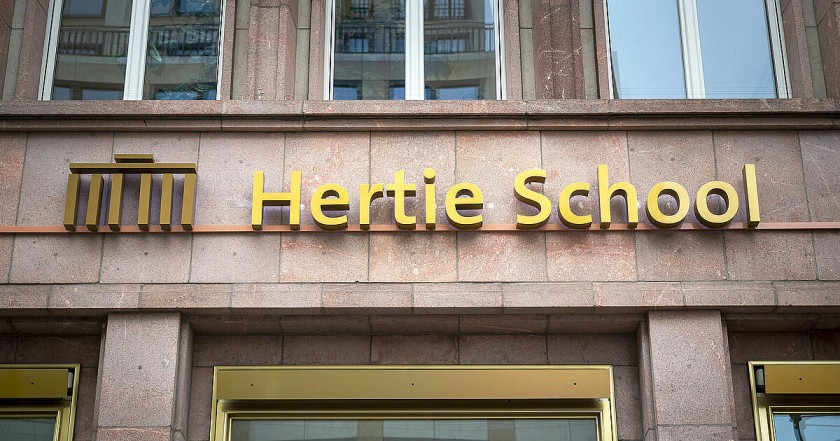About me
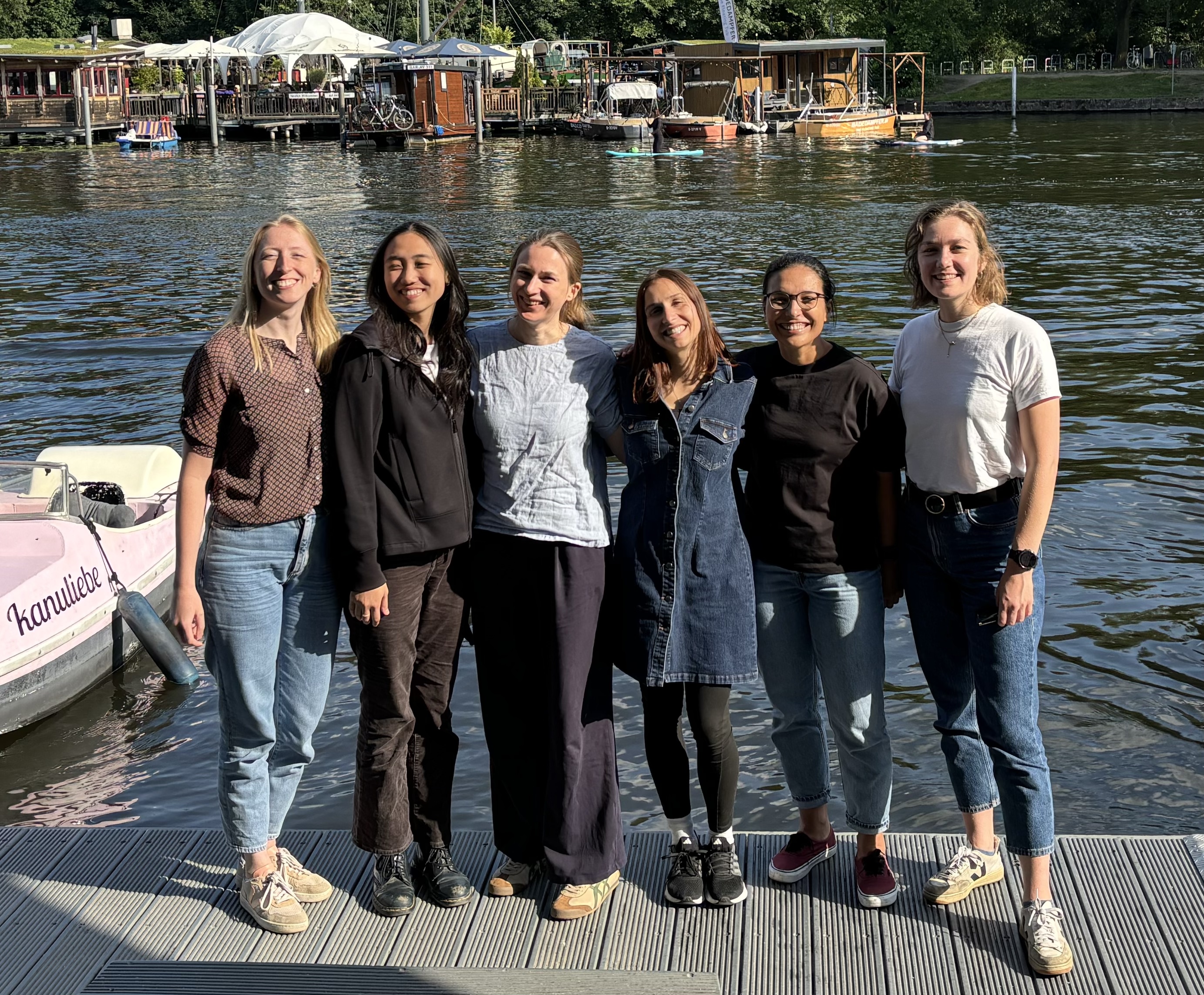
The AI and Climate Technology Policy Group led by Lynn Kaack focuses on data science approaches to climate and energy policy, and the policy of machine learning and climate change. It is part of the Data Science Lab and the Centre for Sustainability at Hertie School. We use methods of predictive statistics, machine learning, and policy analysis. Our research addresses urban areas, transportation, buildings, electricity markets, and the greenhouse gas emissions impact of artificial intelligence. We are part of the CATALYSE and AI-EFFECT Horizon Europe consortia.
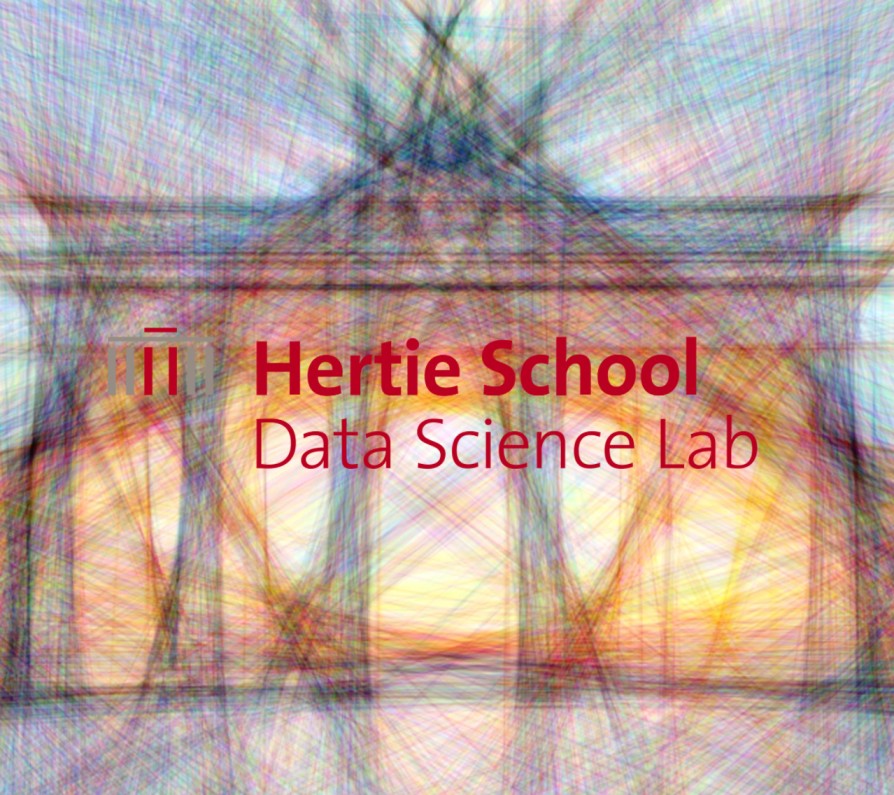
Hertie School Data Science Lab
The Hertie School Data Science Lab is a research center that leverages data science and machine learning to help answer policy problems. A new Master of Data Science for Public Policy (MDS) has also recently been established through the Lab, with the aim to train students in modern data science to tackle some of the most complex challenges of our time, including climate change, global migration, and combating disinformation. As a core faculty member, Lynn helps to run the MDS and contributes to the research and operation of the Data Science Lab.
Learn More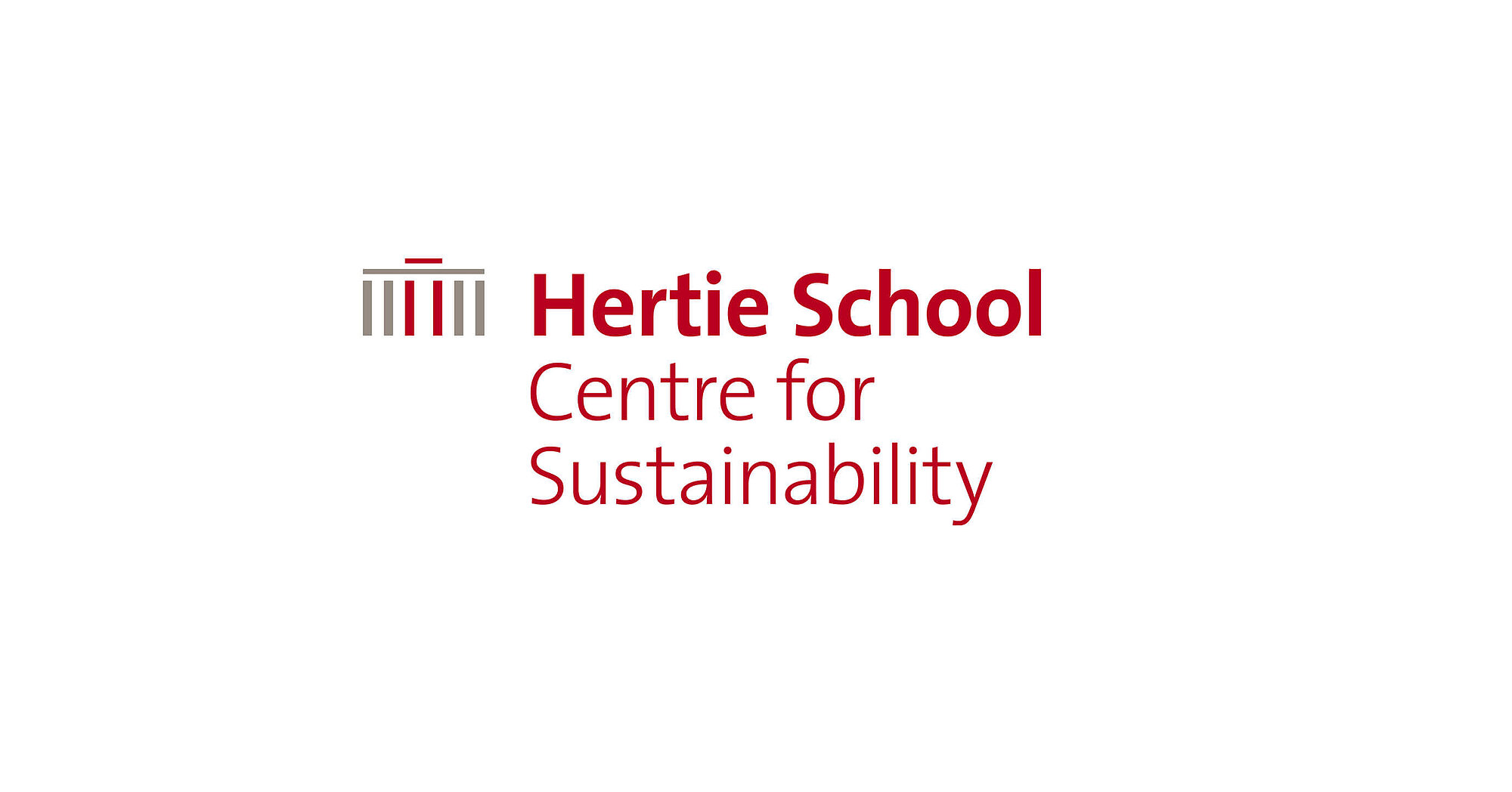
Hertie School Centre for Sustainability
The Hertie School Centre for Sustainability is a hub for teaching, research, and policy advice. The center prepares future leaders and inform the design of effective public policy for sustainability. Lynn is a core faculty in the Centre for Sustainability.
Learn MoreClimate Change AI
Climate Change AI (CCAI) is a global initiative to catalyze impactful work at the intersection of climate change and machine learning. CCAI has led the creation of a global movement in climate change and machine learning, encompassing researchers, engineers, entrepreneurs, investors, policymakers, companies, and NGOs. Lynn is a co-founder and chair of CCAI.
Learn More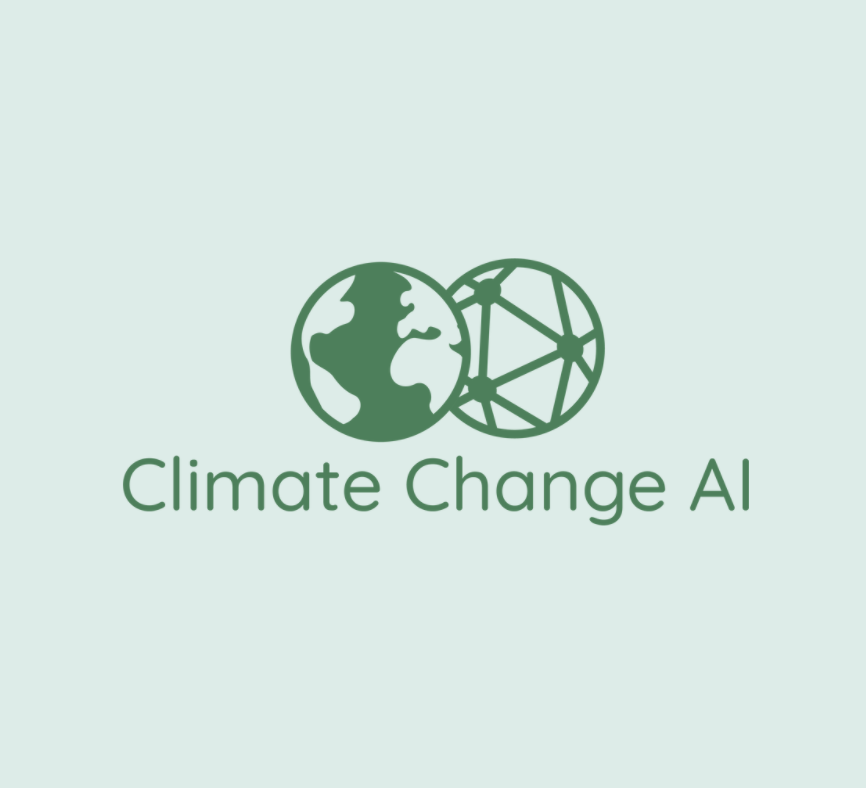
Team
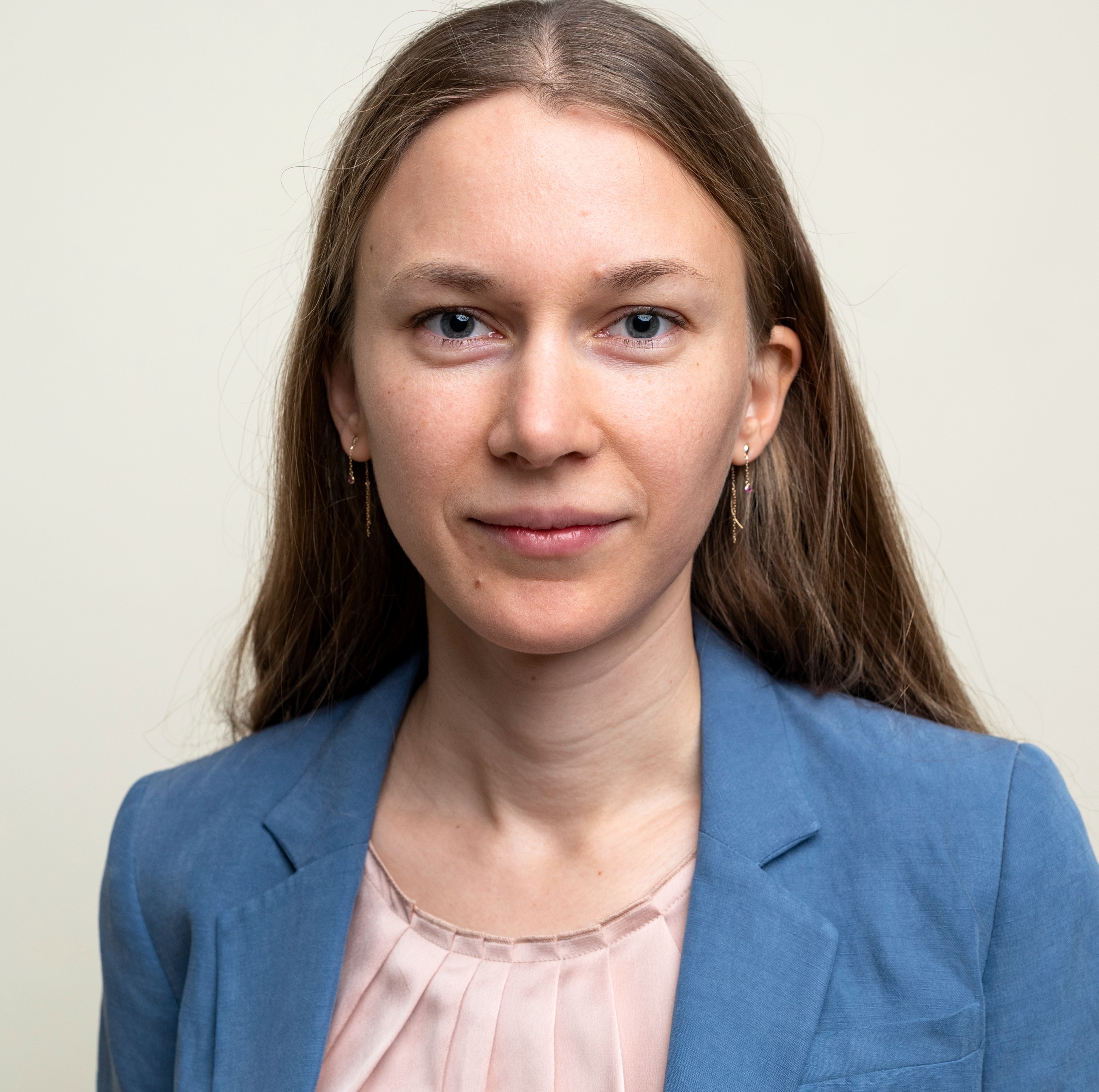
Lynn Kaack
Assistant professor

Josefine Hintz
PhD student co-supervised with Felix Creutzig

Silke Kaiser
PhD student

Chiara Fusar Bassini
PhD student

Carol Sobral
PhD student

Alex Karras
Faculty Assistant to Prof. Simon Munzert, Prof. Lion Hirth and Prof. Lynn Kaack
Research
See my profile for all publications.

Predictive models of cycling volume and mode share
As part of the CATALYSE project funded by Horizon Europe, we work on data-driven models to predict bike counts and the mode share of cycling in cities.
Kaiser, S. K., Rodrigues, F., Lima Azevedo, C., & Kaack, L. H. (2025). Spatio-Temporal Graph Neural Network for Urban Spaces: Interpolating Citywide Traffic Volume. arXiv e-prints, arXiv-2505.
Kaiser, S. K., Klein, N., Kaack, L. H. (2025). From counting stations to city-wide estimates: data-driven bicycle volume extrapolation. Environmental Data Science.
Read More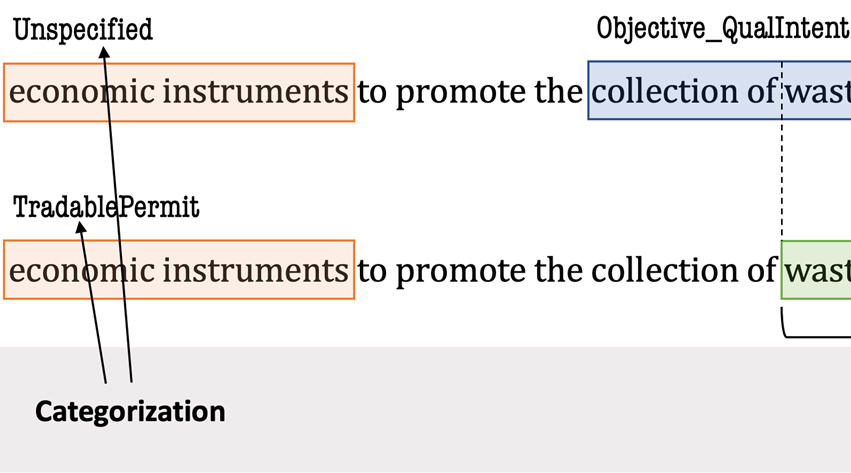
Towards understanding policy design through text-as-data approaches: The policy design annotations (POLIANNA) dataset
POLIANNA is a dataset of policy texts from the European Union that are annotated based on theoretical concepts of policy design, which can be used to develop supervised machine learning approaches for scaling policy analysis.
Read More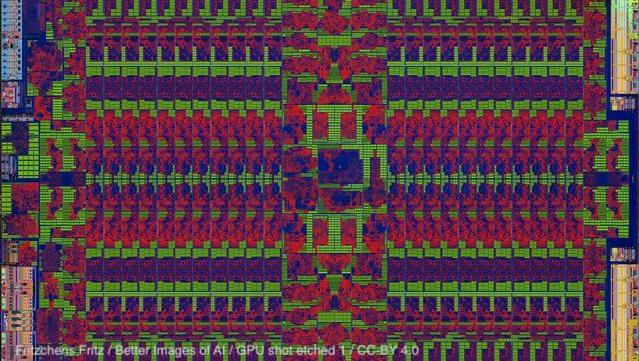
Aligning artificial intelligence with climate change mitigation
We introduce a systematic framework for describing ML's effects on GHG emissions, comprising three categories: (A) computing-related impacts, (B) immediate impacts of applying ML, and (C) system-level impacts.
Read More
Tackling Climate Change with Machine Learning
In this paper, we describe how machine learning can be a powerful tool in reducing greenhouse gas emissions and helping society adapt to a changing climate.
Read More
Machine learning enables global solar-panel detection
A News & Views article on an inventory of the world’s solar-panel installations that has been produced with the help of machine learning, revealing many more than had previously been recorded.
Read More
Automated identification of climate risk disclosures in annual corporate reports
It is important for policymakers to understand which financial policies are effective in increasing climate risk disclosure in corporate reporting. We use machine learning to automatically identify disclosures of five different types of climate-related risks.
Read More
Learning from urban form to predict building heights
In this paper, we present a machine learning based method for predicting building heights, which is based only on open-access geospatial data on urban form, such as building footprints and street networks
Read More
Truck traffic monitoring with satellite images
In this proof of concept, we show how object detection network can count trucks in satellite images and predict average annual daily truck traffic from those counts, adding to the understanding of how the road freight sector contributes to greenhouse gas emissions.
Read More
Decarbonizing intraregional freight systems with a focus on modal shift
With the appropriate incentives, energy savings and emissions reductions can be achieved by shifting freight to rail or water modes, both of which are far more efficient than road. We focus on the literature and data relevant to estimating the global decarbonization potential through modal shift, and estimate the world road and rail modal split to around 60:40.
Read More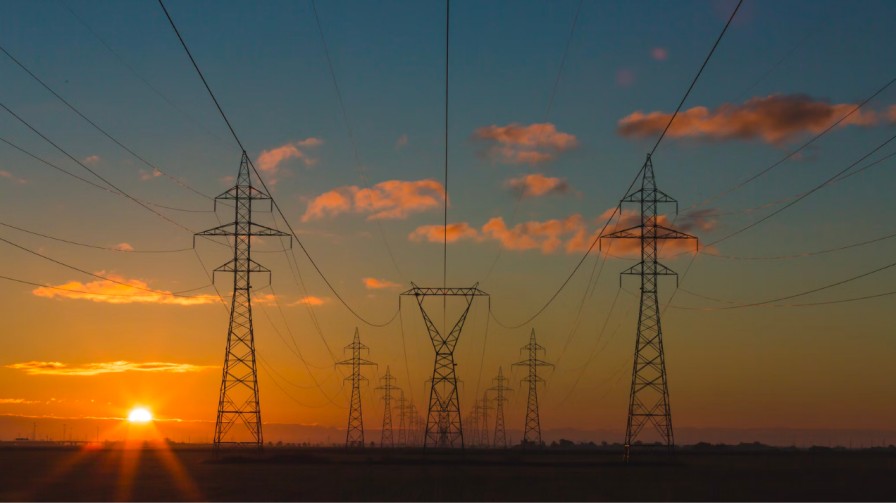
Empirical prediction intervals improve energy forecasting
We lay the groundwork for evaluating the performance of energy forecasting methods with a probabilistic framework in the data-scarce setting of long-term forecasts.
Read More
Fifty years to prove Malthus right
A major question confronting sustainability research today is to what extent our planet, with a finite environmental resource base, can accommodate the faster than exponentially growing human population. In this paper, we reevaluate Malthus' maximum sustainable population - the carrying capacity K
Read MorePolicy Briefs
Published by Global Partnership on AI (GPAI)
Climate change and digital transformation are the two most powerful trends of our century. The way in which we manage them, and their increasing interaction, will play a significant role in humanity’s future in the 21st century and beyond. We need to create pathways to combine the climate and digital transitions in a way that upholds our social and democratic values.
This report is intended to help guide the action of governments of GPAI Member States and beyond about how to support the responsible adoption of AI for climate action. It is the first step of a program of activities that GPAI would support in this space that we hope would forge concrete international cooperation programs in the form of joint investment in research, development, innovation, regulation, and capacity-building.
Read MorePublished by Heinrich Böll Stiftung Brussels
With the increasing deployment of artificial intelligence (AI) technologies across society, it is important to understand in which ways AI may accelerate or impede climate progress, and how various stakeholders can guide those developments. On the one hand, AI can facilitate climate change mitigation and adaptation strategies within a variety of sectors, such as energy, manufacturing, agriculture, forestry, and disaster management. On the other hand, AI can also contribute to rising greenhouse gas emissions through applications that benefit high-emitting sectors or drive increases in consumer demand, as well as via energy use associated with AI itself. Here, we provide a brief overview of AI’s multi-faceted relationship with climate change, and recommend policy levers to align the use of AI with climate change mitigation and adaptation pathways.
Read MorePublished by the European Commission
Climate change is one of the most urgent challenges of our time, and addressing it will require rapid and concerted action across many sectors of the economy. As AI has increasingly transformational effects on society, it is therefore critical to holistically account for the effects — both positive and negative — that AI may have on climate change. In this light, we would like to suggest that the proposed regulation more explicitly account for the potential risks of AI systems to increase greenhouse gas emissions. In addition, we believe that the legislation provides an opportunity to collect much-needed information for assessing the greenhouse gas emissions impacts of AI.
Read MoreTeaching

Deep Learning
This course covers the main theoretical concepts of (deep) neural networks, modern deep learning architectures, and applications with hands-on experience in policy-relevant applications.

Mathematics for Data Science
This course aims to deliver a compact and tailored introduction to the core mathematical concepts of data science, including linear algebra, probability theory, statistics, and optimisation.

Artificial Intelligence and Climate Change
This course explores the relationship of AI and climate change through a policy lens, and ask the question of what policy-makers can do to align AI with climate change goals.
Media
Select articles and interviews.
The tricky task of calculating AI’s energy use
The Economist [English article]
How the US tech industry is shaping the transition to green energy
Nature [English article]
AI start-ups take aim at climate change
Financial Times [English article]
We're getting a better idea of AI's true carbon footprint
MIT Technology Review [English article]
Klimahelfer oder Klimasünder?
Zeit Online [German article]
These simple changes can make AI research much more energy efficient
MIT Technology Review [English article]
CO2-Fußabdruck von KI umfassender messbar machen
Tagesspiegel Background [German article]
How High-Tech Tools Are Helping Combat Climate Change
Der Spiegel [English article] [German article]
Porträt von Lynn Kaack
Tagesspiegel Background [German article]
Lynn Kaack: An der Schnittstelle von Klimaschutz und Künstlicher Intelligenz
Lernende Systeme (Acatech) [German article]
Can AI Save Humanity From Climate Change? That's the Wrong Question
Interesting Engineering [English article]
Photovoltaik-Inventur: Viele Anlagen stehen auf wertvollem Ackerland
Heise online [German article]
Climate Change AI coverage in the media
MIT Technology Review, National Geographic, Forbes, and Wired
Select podcast and radio episodes.
Rettet Künstliche Intelligenz mit uns das Klima?
KI Verstehen - Deutschlandfunk [German interview]
Retten wir mit digitalen Lösungen unser Klima?
Zwischen Hugs und Bites - Podcastreihe von Germanwatch [German interview with Philipp Richard]
How does AI and ML impact climate change?
Environment Variables [English interview with Abhishek Gupta and Will Buchanan]
How A.I. Will Revolutionize Climate Tech
The Interchange [English interview with Priya Donti]
Der Zusammenhang von Klima und KI
Körber-Stiftung [German interview]
Lynn Kaack – Klimaschutz und Digitalisierung
Heinrich-Böll-Stiftung [German interview]
Umwelt - Künstliche Intelligenz gegen den Klimawandel
Deutschlandfunk [German interview]
Can AI help tackle climate change?
ETH Podcast [English interview with David Dao]
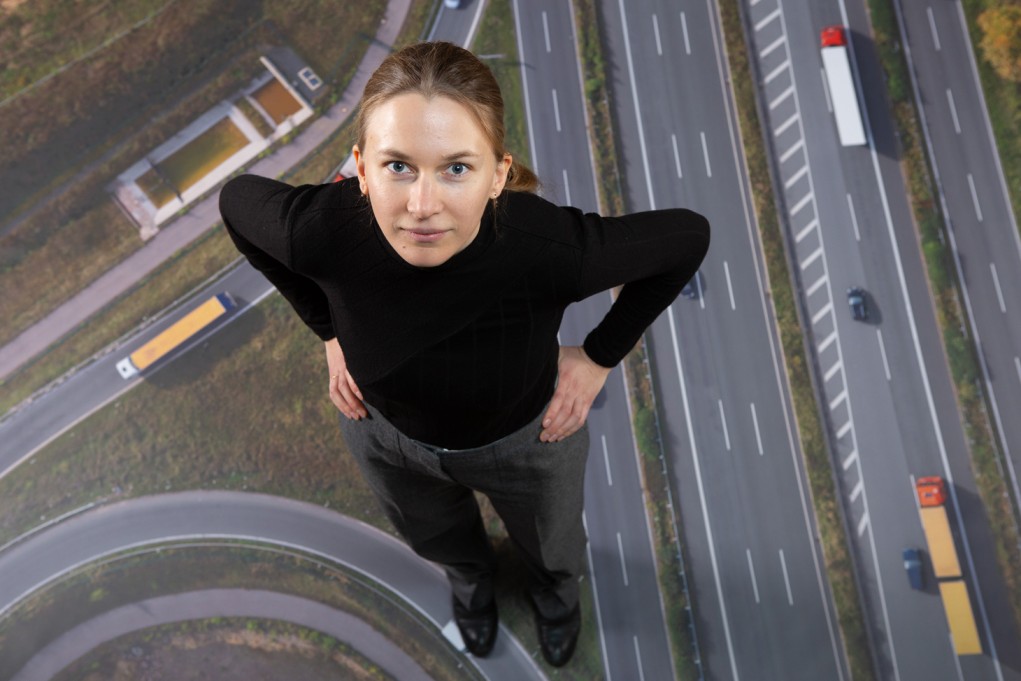
Contact
Get in touch
If you would like to contact me directly, please use the email address below. I will do my best to get back to you as soon as possible, but often cannot respond to emails as quickly as I would like. Thank you!
Location:
Hertie School Data Science Lab
Friedrichstraße 180, 10117 Berlin
Email:
kaack@hertie-school.org
